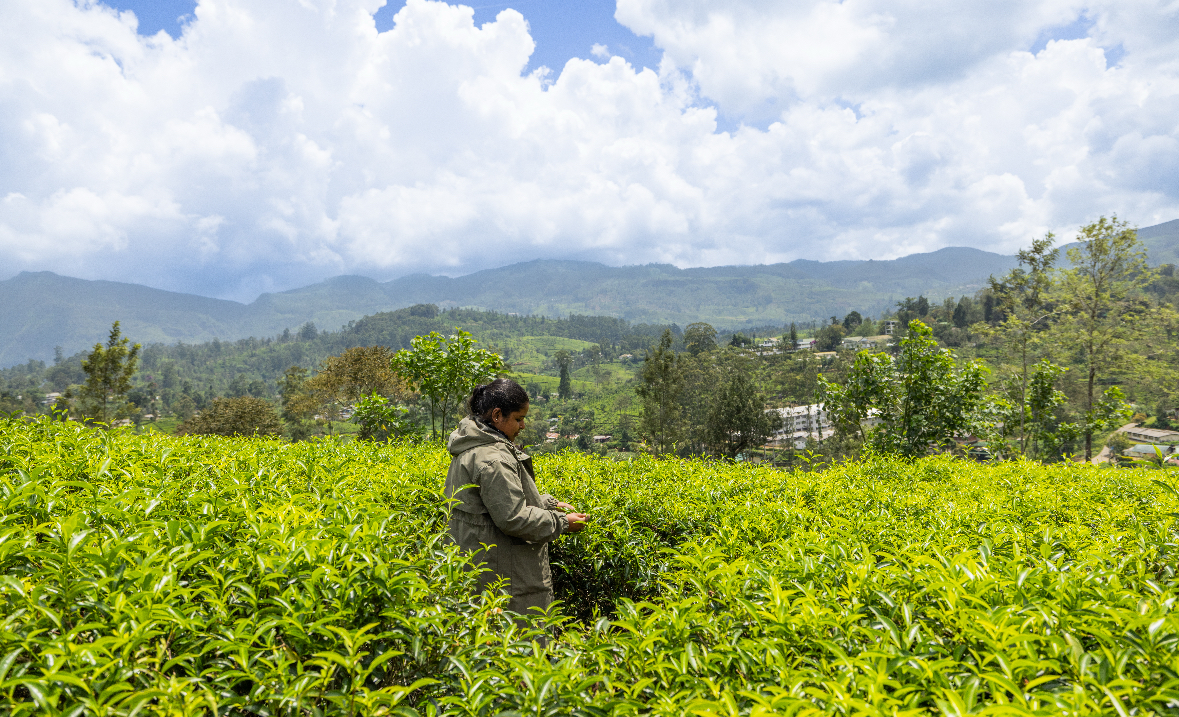
Bristol PhD student brewing a future for tea
Thanks to her research, the future of tea might be looking a little less bitter
A University of Bristol PhD student’s research may be able to save tea crop from the impact of climate change.
Thamali Kariyawasam’s goal is to find tea cultivars which will survive with less water, ensuring tea farming persists in growingly uncertain conditions. Tea plantations in Sri Lanka provide livelihoods to nearly 615,000 people in Sri Lanka, so there is more than the quality of tea on the line.

Image via Thamali Kariyawasam
The University of Bristol, Tea Research Institute of Sri Lanka, Ahmed Tea, Royal Botanic Gardens at Kew and the University of Peradeniya have unified in their efforts to help Thamali with her PhD, aiming to unveil how modern tea leaves could be modified to thrive more resiliently in a climate with higher carbon dioxide concentrations.
As Thamali herself stated: “when well-established plants die, it’s a huge loss to the farmer, because they will have invested a lot to bring the plant up to that age.”
Thamali’s commitment to gaining minimal losses has led her to spending time in Bristol Laboratories, analysing samples taken from Sri Lanka.
Tea plants are long-lived, yet delicate. Collecting and studying samples from both Sri Lanka and the UK could offer clues for breeding more resilient plants. Preserved in Kew’s vast herbarium, these older cultivars may be hardier than contemporary tea leaves.
Zahra Afshar explained the human and social impacts of the strain climate change is putting on tea production, exacerbated by the ‘astonishingly little research’ which has gone into studying the effects. Zahra, lauding Thamali’s efforts to analyse and compare traits between tea leaves, studied Law at the University of Bristol.
Most Read
Thamali’s PhD is titled ‘Climate resilient tea: exploring the drought tolerance of Sri Lankan tea cultivars.’ As Thamali herself summarised: “Tea is a really important crop to Sri Lanka and it has a lot of significance in our economy, culture and livelihood. I want to do something to help strengthen this important crop so that people can keep enjoying their daily cup of tea for many more years to come.”
Thanks to her research, the future of tea might be looking a little less bitter.
Featured image via Thamali Kariyawasam























